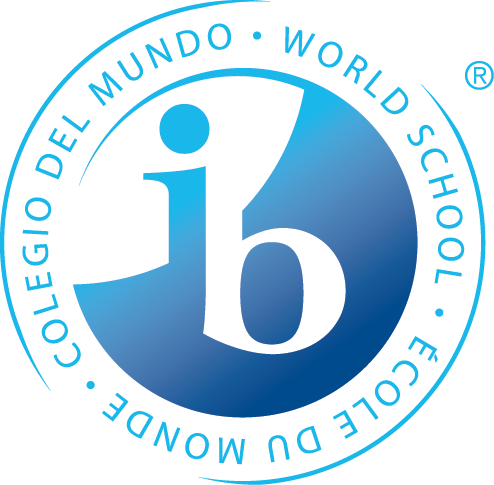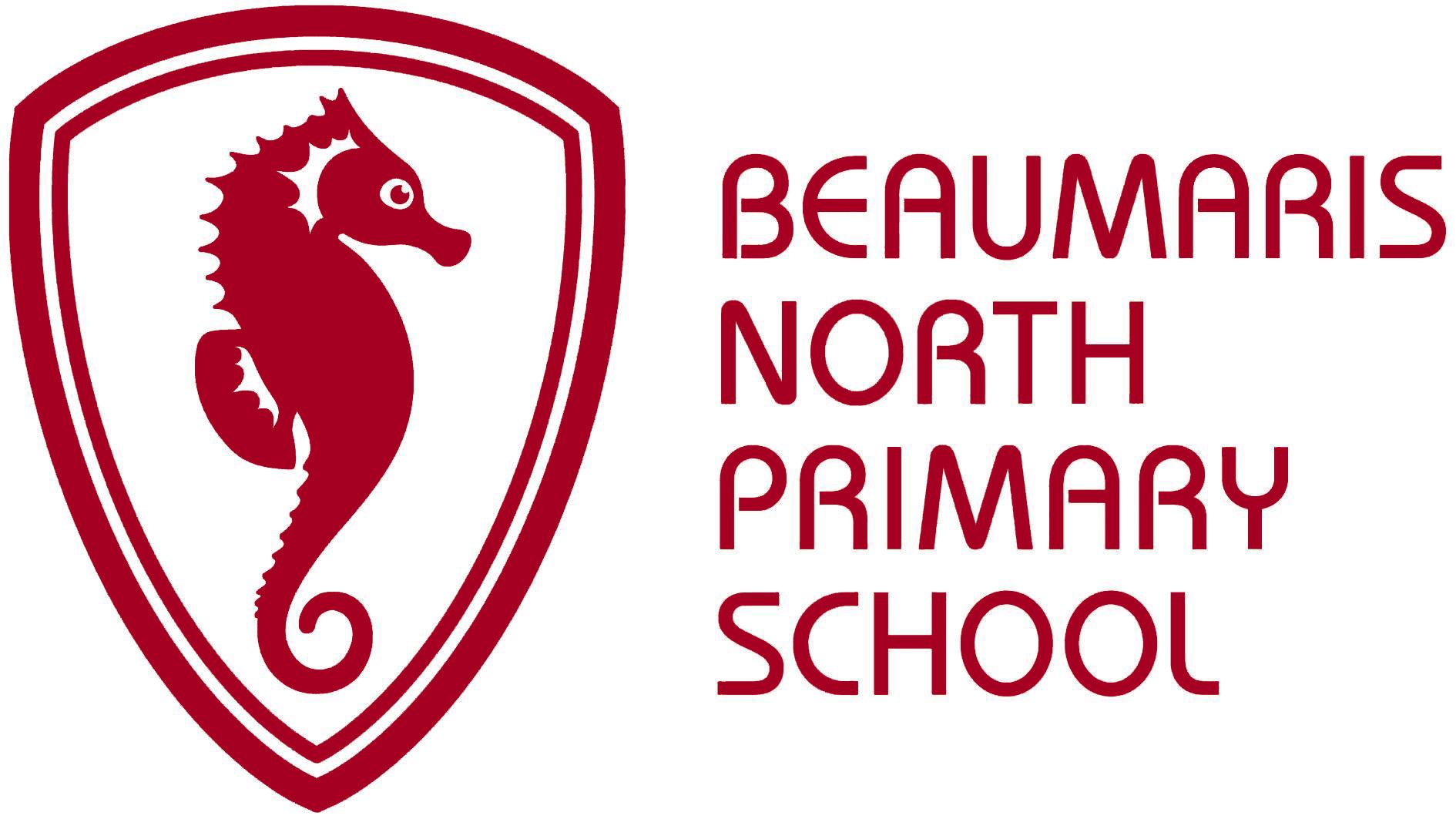Term 3, 2018

Library
- Revise the public access system and how to locate resources (key word and subject search, title, barcode and call number, availability and section) for ‘Sharing the Planet’ (minibeasts) as part of Year 2 Unit of Inquiry. Discuss where/why minibeasts are in the 500’s in Non-Fiction location.
- Read titles from Non-Fiction location that explains invertebrates.
- Discuss the Book Week theme ‘Find Your Treasure’. Discuss some of the CBCA short-listed books/authors and how you can judge a book (characters, story, illustrations….).
- Revise the format of a non-fiction book – contents, index, glossary and how they are usually presented as an information based book.
- Discuss Australian authors who have written books on the CBCA short list – their life and how they are inspired to write e.g. Mem Fox and Alison Lester.
Visual Arts
The Term 3 Unit of Inquiry is called ‘Mini beasts in Art’, which integrates with the Central Idea ‘Living things and their environment are interconnected’. The Unit focuses on the study of Minibeasts (Entomology), their environment and how Minibeasts are represented in Art. We will explore the work by the artist Yumi Okita who does textile Moths and Butterflies.
Activities include:
- Observation Drawing. The students will capture intricate details of insects preserved in resin. The drawings will be highlighted with the use of water colour pencils.
- Temporary Nature sculptures. Students will use twigs and leaves to create their own mini beast. The teachers will use iPads and photograph the sculptures and then return the nature back into the garden.
- Insect trail rubbings and print making. The students will collect textural rubbings from outside and create their background of insect trails, then collage their printed Minibeast designs onto this background.
- Ceramic Minibeasts. Students will model Minibeasts out of clay, on a leaf plate. Using clay tools to demonstrate joining techniques.
- Weave a ‘web’: Using a cardboard ring, the students will use wools and cotton to bind the ring.
Physical Education
FOCUS: Athletics/Games
- Athletics skills - running, jumping, leaping, and throwing.
- Refining these skills in modified athletics activities.
- Mini Aths Day
- Incorporate the Fundamental Motor Skills they have learnt into minor team games and activities where they have to adhere to specific rules.
- The children will use a variety of equipment and various sized play balls.
- They will build on their skills of basic game sense and movement within game situations.
Concepts: Function - How we use our body to perform particular movements.
Attitudes: Creativity, Confidence and Commitment.
Learner Profile: Discussions amongst the class after each lesson and the demonstration of specific Learner Profile attributes identified.
Japanese
THEMES/ACTIVITIES
Minibeasts
- Minibeasts origami.
- Making a minibeasts booklet.
Calligraphy Competition
- Organised by The Japanese Teachers' Association of Victoira (JLTAV).
PYP CONCEPTS & ATTITUDES
Concepts
- Form (pattern)
- Perspective (belief)
- Perspective (point of view of others)
Attitudes
- Reflective
- Open-minded
Music
Transdisciplinary Theme: Sharing the Planet
This term Year 2 will be focusing on ‘exploring sounds and tone colour’ and using these in creative ways to compose class and/or small group compositions.
- Learning songs related to 'Sharing the Planet' with living things e.g. Shoo Fly and Fireflies.
- Listening to related classical pieces e.g. 'Flight of the Bumble Bee'’ by Rimsky Korsakov.
- Revising writing simple melodies using notes learnt on the staff.
- Creating ostinato patterns to accompany music.
- Exploring different ways of playing instruments so students can start thinking about texture and tone colour and how to use these elements wisely in compositions.
- Recognize ‘AB form’ and demonstrate this using instruments and movement.
- Using the song ‘Fireflies’ as inspiration for a class composition project. This may involve such elements as movement, graphic notation and playing of classroom instruments and with a particular focus on the PYP concept of Change.







